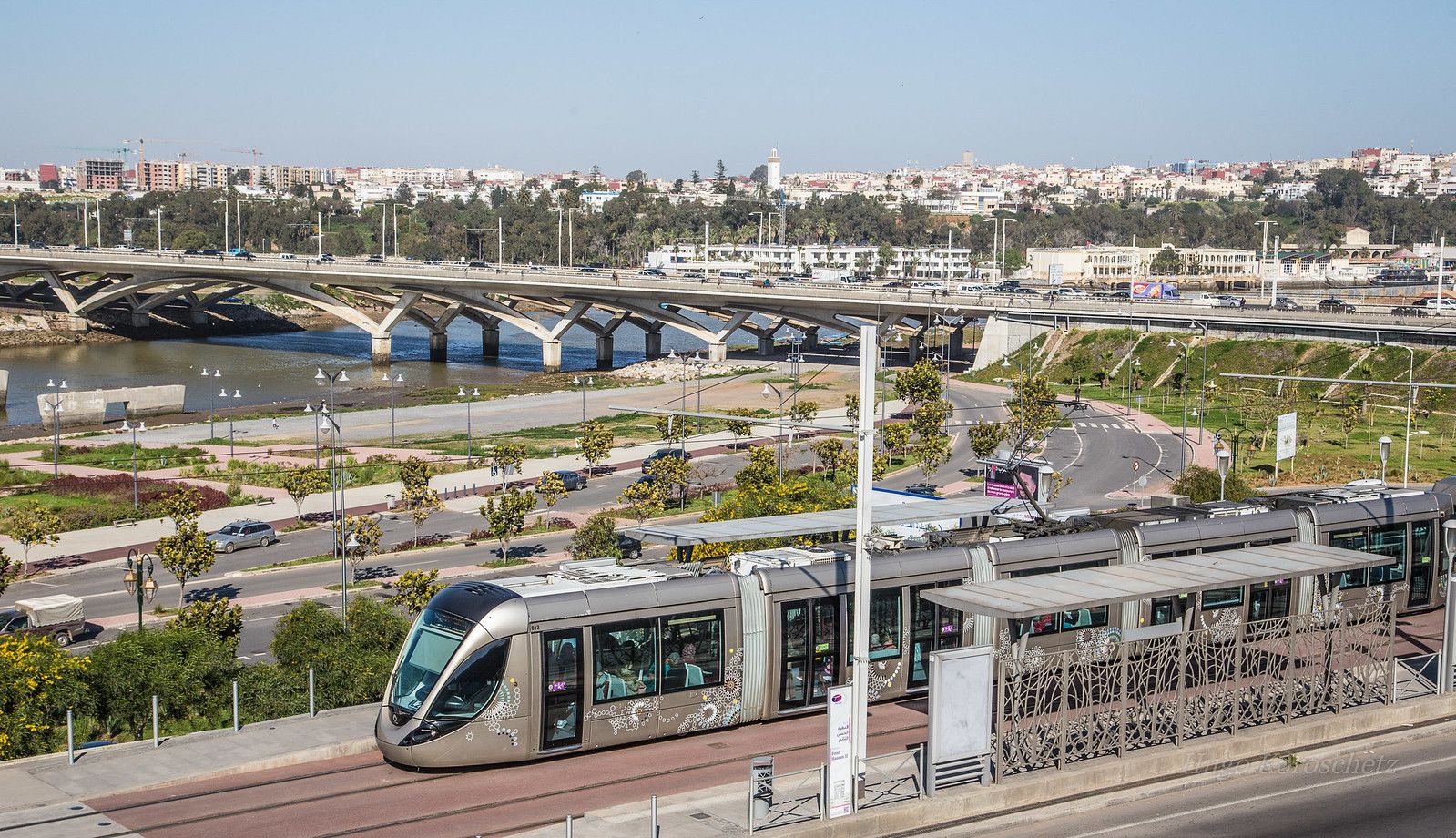
The African Development Bank (AfDB) estimates that the continent requires between $130 and $170 billion annually to meet its infrastructure demands.
For Africa, the need for adequate infrastructure, secure energy, efficient transport, reliable communication systems, resilient sanitation, and affordable housing, is particularly apparent.
The African Development Bank (AfDB) estimates that the continent requires between $130 and $170 billion annually to meet its infrastructure demands. However, the financing gap remains wide, with an annual shortfall of up to $100 billion.
The World Bank also estimates that the Sub-Saharan Africa region needs to invest approximately 7.1 per cent of gross domestic product (GDP) each year in infrastructure if it is to meet its sustainable development goals. However, investment is currently running at around 3.5 per cent of GDP.
This infrastructure deficit has hindered the continent’s economic development and social advancement. While many African countries are experiencing rapid growth, inadequate urban infrastructure often fails to keep up with their expanding populations.
Despite these challenges, there has also been substantial progress in recent years, especially in energy, transportation, and technology.
African governments, private investors, and international financial institutions are forming strategic partnerships to address the continent’s infrastructure funding gap.
The African Development Bank (AfDB), World Bank, and China have been instrumental in financing large-scale projects across Africa. As infrastructure development accelerates, there is an increasing focus on sustainable and inclusive growth, with particular emphasis on renewable energy and transport systems that can support long-term resilience and environmental goals.
Below are the top 10 African countries with the most improved infrastructure:
| Rank | Country |
|---|---|
|
1 |
Morocco |
|
2 |
Egypt |
|
3 |
Mauritius |
|
4 |
Algeria |
|
5 |
Seychelles |
|
6 |
Tunisia |
|
7 |
Libya |
|
8 |
Kenya |
|
9 |
Botswana |
|
10 |
South Africa |









